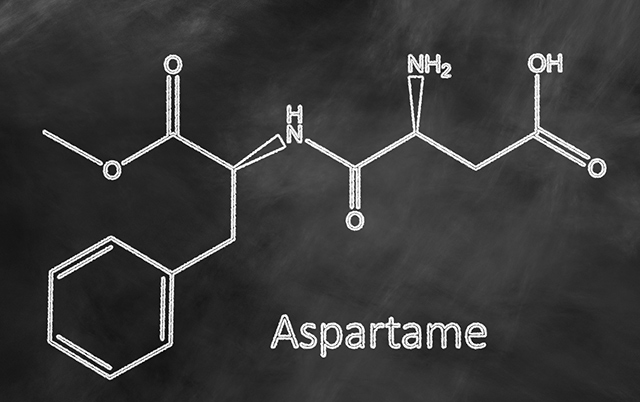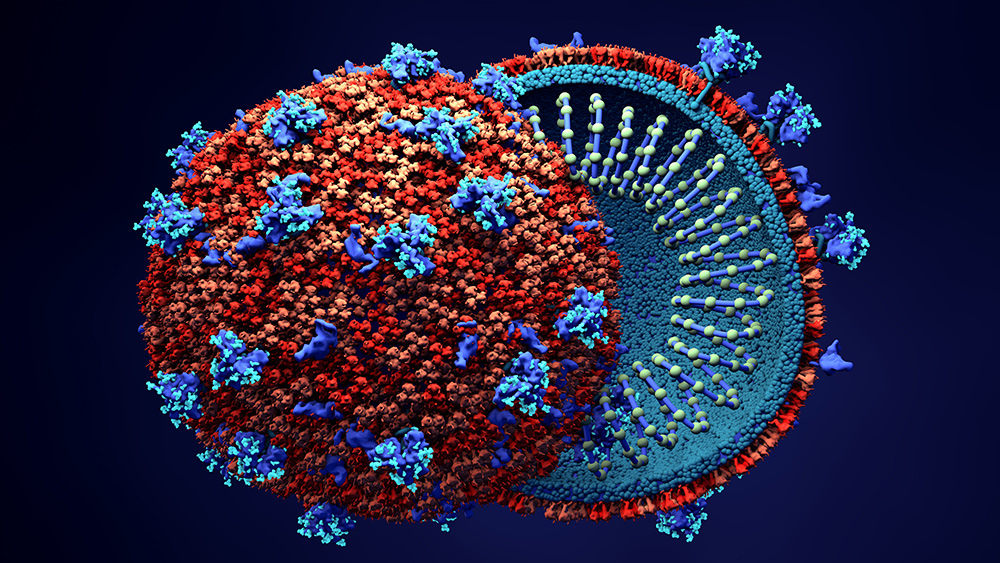
The olfactory nerve governs our ability to recognize smells. This sensory nerve originates on the olfactory mucosa in the upper part of the nasal cavity. The olfactory nerve contains several sensory fibers that translate odors from the environment into something the brain can recognize and recall. The olfactory nerve is connected to the rest of the central nervous system, so a weakened sense of smell can indicate problems elsewhere in the central nervous system.
This is where the Parkinson’s disease connection comes in. Loss of smell may indicate that problems are developing elsewhere in the nervous system, with locomotor control and memory. Parkinson’s disease isn’t some mysterious genetic defect; it is essentially the malfunction and death of vital nerve cells in the brain. Malfunctioning or dead olfactory nerves are indicating that the nervous system is deteriorating and needs care.
Lead researcher and professor of epidemiology Honglei Chen, says that a poor sense of smell could be the first warning sign of developing Parkinson’s. A weakened sense of smell could indicate the onset of Parkinson’s up to ten years in advance, according to the research.
The study involved nearly 2,500 participants with an average age of 75. The researchers monitored their health through clinical visits and phone interviews for more than a decade. The initial test required the participants to smell twelve common odors and select their answer from four choices. After the test, they were divided into three groups. Eight hundred sixty-three participants had an average sense of smell and only nine developed Parkinson’s during the follow-up period. Eight hundred thirty-five participants had a good sense of smell and only seven of them developed the disease. Of the 764 people who were classified with a poor sense of smell, 26 developed Parkinson’s. The results were most compelling within a six-year follow-up time. The results were the same even after risk factors were ruled out, including a history of head injury, coffee intake, and smoking habits.
"It's important to note that not everyone with low scores on the smell test will develop Parkinson's disease," Chen said. "More research is needed before the smell test can be used as a screening tool for Parkinson's, but we are definitely on to something and our goal now is to better characterize populations that are at higher risk for the disease and to identify other factors involved."
Loss of smell is simply an indicator, something that should alert the individual to make changes to care for their nervous system before it deteriorates more. (Related: Humans’ sense of smell is actually just as strong as dogs, but people dull their senses with carcinogenic artificial fragrance.)
It will be interesting to see if sniff tests are used in the future to make patients accept a new disease label such as “early stage Parkinson’s” so they can be convinced to take a prescription drug to prepare for the demise of their nervous system. While there are no drugs that can restore the central nervous system yet, there are many exercises, plants, and nutrients that support and heal it.
The endocannabinoid system of the human body is connected to the peripheral and central nervous system via cannabinoid receptors. These receptors modulate appetite, pain-sensation, mood, locomotor activity and memory. Neglecting the endocannabinoid system could have dire consequences in crucial areas of the brain, leaving neurons to suffer. Hemp, raw cacao, black pepper, and echinacea are a few examples of foods that help the endocannabinoid system. Restoration of the sense of smell is reported when people use CBD oil (a non-psychoactive extract of cannabis).
Nerves are also impacted by our quality of sleep, maintenance of circadian rhythm, and our ability to process stressors. Eleutherococcus root, maca, and ashwagandha herb help the nervous system adapt. Herbs such as mugwort, oat straw, and skullcap strengthen the nervous system. Reconnecting with natural, nutrient-dense plant foods is essential for prevention of nervous system disorders, and our sense of smell can be an important indicator of nervous system health.
Sources include:
Please contact us for more information.























